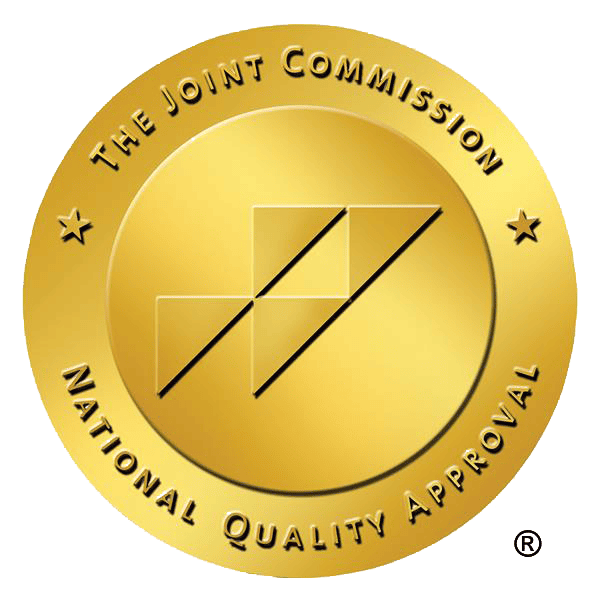An Alcohol Use Disorder (AUD) is a global health concern affecting millions of people worldwide, across all ages and backgrounds. According to the DSM 5, an Alcohol Use Disorder is characterized by an impaired control over alcohol consumption and a chronic, escalating pattern of alcohol use despite significant damage concerning one’s physical and mental health, as well as interpersonal relationships.
Whether someone is seeking help for themselves for someone they about, understanding the signs and symptoms of an Alcohol Use Disorder is the first step towards addressing the problem promptly and effectively.
Global Statistics on Alcohol Use Disorders
Alcohol Use Disorders have become a significant public health concern worldwide, with staggering statistics highlighting its widespread impact. According to the World Health Organization (WHO), alcohol is responsible for approximately 3 million deaths each year, accounting for around 5.3% of all global deaths.
In 2020, BMC Public Health cited alcohol consumption as the “leading risk factor for premature mortality and disability among 15 to 49-year-olds around the world.” Additionally, the National Institute of Alcohol Abuse and Alcoholism reported that 29.5 million people ages 12 and older had an alcohol use disorder (AUD) in 2021. Furthermore, approximately 60 million people ages 12 and older reported binge drinking.
Alcohol in Popular Culture
In today’s society, there is a pervasive narrative suggesting that, with the right drink you can become ‘just one of the guys’ or even the ‘most interesting man on Earth.’ Popular culture has a significant influence over people’s behavior and decision-making. According to Social Learning Theory, people are often influenced by the messaging and behavior they are exposed to in media formats, such as movies, television, music, social media, magazines, and advertisements.
Alcohol brands take advantage of multiple popular culture mediums to advertise their products and portray alcohol consumption as glamorous, lighthearted, and celebratory. Depictions of alcohol use in advertising have led to an unhealthy glorification of alcohol that tends to encourage dangerous drinking habits and perpetuate risks of developing Alcohol Use Disorder.
Mental Health Impact
An Alcohol Use Disorder is frequently associated with co-occurring mental health disorders. These may include depression, anxiety disorders, bipolar disorder, and post-traumatic stress disorder (PTSD). The cyclical nature of AUD often exacerbates existing mental health conditions or gives rise to new ones, creating a complex interplay between alcohol abuse and psychological distress.
Moreover, the stigma associated with AUD can lead to feelings of guilt, shame, and isolation, compounding the mental health burden. Recognizing and addressing the mental health impact of AUD is integral to comprehensive treatment and recovery, as it allows individuals to regain not only their sobriety but also their emotional and psychological well-being.
Physical Signs of Alcohol Use Disorders
Physical signs of AUDs can manifest in various ways, serving as indicators that an individual may have a problem with alcohol, including:
- Slurred speech and impaired coordination
- Bloodshot or glassy eyes
- Frequent hangovers with recurring symptoms such as headaches, fatigue, nausea, and dehydration
- Unexplained injuries or accidents
- Changes in weight or appetite
- Skin problems like flushing, acne breakouts, dryness, and premature aging
- Tremors or shaking hands
Emotional Signs of Alcohol Use Disorders
AUDs don’t just impact an individual’s physical well-being but also have profound effects on their emotional and mental health. Some common emotional signs of alcohol abuse include:
- Frequent and extreme mood swings, ranging from euphoria to irritability or aggression
- Heightened levels of anxiety and depressive symptoms
- Increased irritability and outbursts of anger
- Emotional instability and difficulties managing emotions effectively
Social Signs of Alcohol Use Disorders
The social signs of AUDs can include:
- Neglecting personal, professional, or academic obligations
- Social withdrawal and isolation from family, friends, and social activities they once enjoyed
- Looking forward to and spending more time drinking
- Making excuses to be able to continue to drink
- Strained or broken relationships with friends, family members, and romantic partners
- Financial difficulties from excessive spending on alcohol
- Engaging in risky behaviors, like unprotected sex or driving
- Legal problems from being under the influence
Unable to Control Alcohol Intake
Another sign of an Alcohol Use Disorder is the inability to control or limit one’s alcohol intake. Once engaged in drinking, individuals may find it difficult—if not impossible—to moderate their intake or even stop. As such, this can have significant impacts on work, school, family life, and overall health.
Lying About Drinking
One common symptom of an Alcohol Use Disorder is lying about drinking. It often occurs as an attempt to conceal or downplay the extent of an individual’s drinking habits and its associated consequences. Individuals may also be in denial or downplay the seriousness of their alcohol consumption when confronted by loved ones and friends.
Developing A Tolerance
Developing a tolerance to alcohol is a significant sign of an AUD. Tolerance refers to the body’s ability to withstand larger quantities of alcohol over time as it becomes accustomed to its effects. Individuals with alcohol use disorders find that they need to consume higher amounts of alcohol to achieve the desired level of intoxication and effects.
As a result, people might be able to consume more drinks without appearing heavily intoxicated compared to when they first started drinking due to their increased tolerance levels. Over time, individuals may progressively increase their intake, pushing boundaries and consuming even larger quantities of alcohol than before in attempts to feel the same level of “high” experienced previously.
Alcohol Withdrawal
When an individual significantly reduces or abruptly stops alcohol consumption, after a period of heavy, prolonged drinking, they will experience alcohol withdrawal. Withdrawal is a combination of psychological and physical symptoms one experiences as alcohol leaves the body, including:
- Shaking and tremors
- Anxiety
- Restlessness
- Sweating
- Increased heart rate
- Nausea
- Vomiting
- Insomnia or disturbed sleep patterns
- Headaches
- Delirium Tremens (DTs)
To prevent or alleviate these discomforting symptoms, some individuals resort to “hair of the dog” tactics – drinking to attempt to temporarily relieve or avoid withdrawal symptoms. Drinking to avoid withdrawal symptoms is a clear indication and symptom of an Alcohol Use Disorder. This behavior perpetuates a harmful cycle by prolonging and worsening the alcohol addiction.
Alcohol Detox and Addiction Treatment in Austin, TX
Don’t let alcohol control your life any longer by taking the first steps to a better future. The Prairie Recovery Center in Austin, TX, provides personalized, comprehensive alcohol detox and addiction treatment services. Our experienced professionals offer compassionate care and support throughout your recovery journey.
Contact us today to start your path to lasting sobriety.








